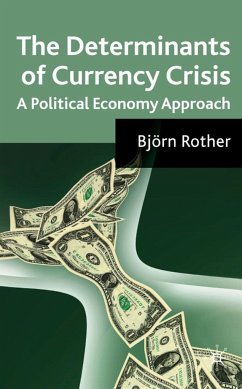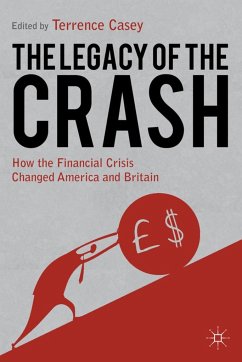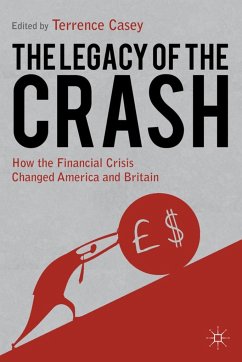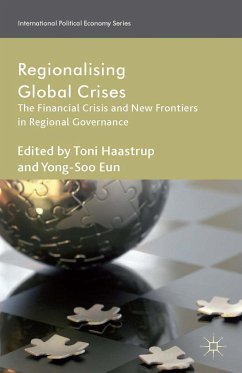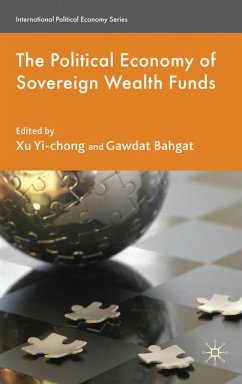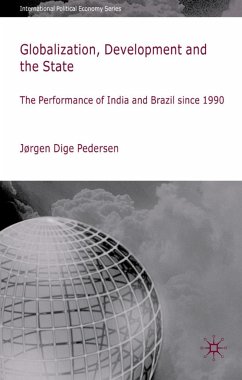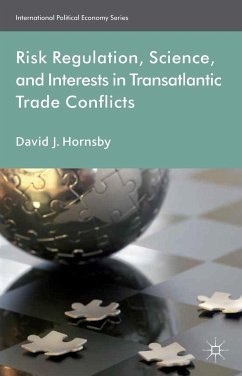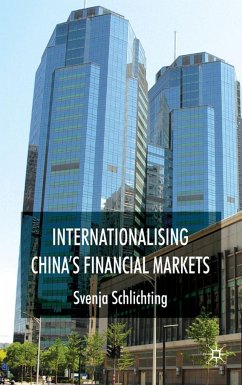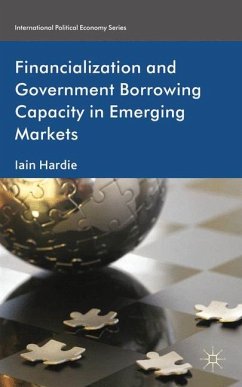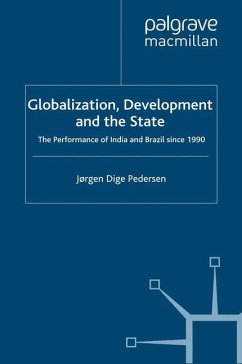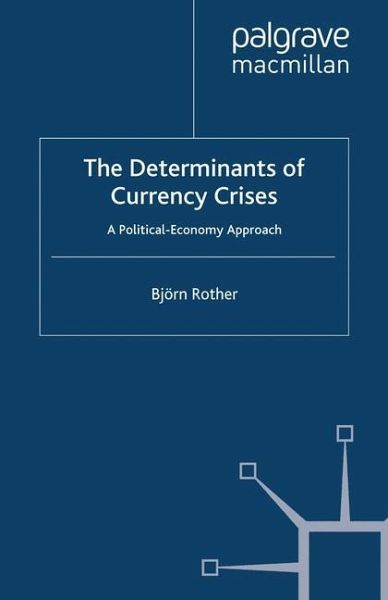
The Determinants of Currency Crises
A Political-Economy Approach
Versandkostenfrei!
Versandfertig in 6-10 Tagen
38,99 €
inkl. MwSt.
Weitere Ausgaben:

PAYBACK Punkte
19 °P sammeln!
This book explores the role of political factors in the occurrence of currency crises, using an eclectic approach that blends case studies, a rigorous theoretical discussion, and econometric analysis.





